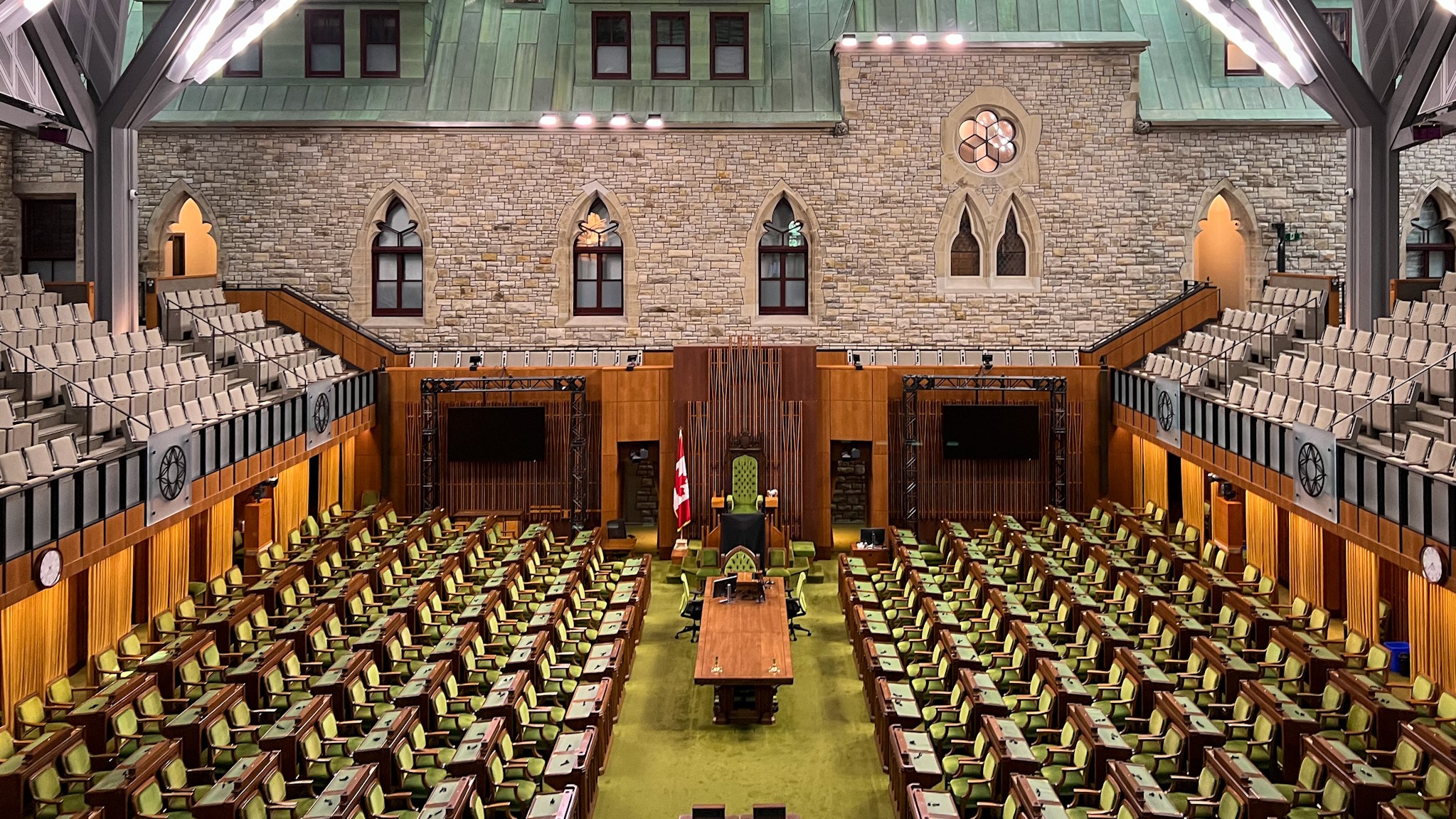Google and Canada prove that doing the right thing sometimes sucks for everyone
A test that seems like a protest.

Canada has proposed legislation that would force tech companies like Google to pay publishers for use of their content. The bill, known as C-18, would have the Googles and Metas of the world cover about 30% of publishers' overall editorial costs, which Canadian Heritage Minister Pablo Rodriguez calls fair compensation to an industry currently in crisis as well as a way to combat disinformation that's so prevalent online.
Google, of course, doesn't agree and says the proposed legislation amounts to a link tax and creates a lower standard for journalism that would actually benefit spammers and "peddlers of misinformation."
So, which side is right? Does it even matter? Most importantly, exactly what is going on?
What is happening

The bill is not yet the law, but it's being forwarded through the Canadian government and may very well be implemented as written. Most likely, Google and Canada will work out a compromise just like Meta (then known as just Facebook) did with the Australian government over the very same issue. The one thing everyone knows is that Google often adds context to its search results in the form of a snippet of whatever is being linked. Publishers think this is unfair and costs them money.
I've read several differing takes on Google's response, both what that actually is as well as the reasoning behind it. I reached out to Google to find out exactly what the company is doing.
The official response according to a Google spokesperson is:
“We’re briefly testing potential product responses to Bill C-18 that impact a very small percentage of Canadian users. We run thousands of tests each year to assess any potential changes to Search.
We’ve been fully transparent about our concern that C-18 is overly broad and, if unchanged, could impact products Canadians use and rely on every day. We remain committed to supporting a sustainable future for news in Canada and offering solutions that fix Bill C-18.”
Be an expert in 5 minutes
Get the latest news from Android Central, your trusted companion in the world of Android
According to Google, the current testing impacts less than 4% of Canadians who use its products and these are just that — tests. Not all tests result in any product changes and once the testing period is over, which Google says will be approximately five weeks, it will better understand the implications of making a final product change.
Google also said it hopes to be able to work with the Canadian government to both support news in Canada and offer an uncompromised experience to users.
Who is right?

This is the hard part because both Google and Canada's government are doing the right thing. A bigger problem may be that doing the right thing isn't always best for consumers and this seems like one of those times.
Canada's parliament has the responsibility to address the needs of its citizens and the businesses that employ them all. News outlets around the globe are in a state of crisis and the governments of the world must find ways to help if it wants the news industry to survive.
None of the options here are good ones. Publishers try several unpopular options to make money, including advertisement and paid subscriber content and consumers hate them all. It's easy to see a company like Google, which saw Search revenues of over $40 billion dollars in Q4 2022, and think of ways to force them to foot part of the bill. After all, a search can't exist without content to look for, right?
Google is also showing the correct response and blocking content it doesn't want to be forced to pay to use. Google is a megacorporation, but it still has the right to conduct business as it chooses as long as it follows all applicable laws. Canada's own Office of the Parliamentary Budget has said that C-18 will cost Google millions of dollars per year and Google's shareholders do not want to spend millions if they do not have to do so.
Google can freely make these changes if it wants to do it and consumers can use alternative search platforms if they want unrestricted news content.
The issue is that the situation harms consumers. I'm not Canadian but if I were I know I would not want news sites blocked in search results on my phone nor would I want to be forced to use Bing. I also believe in fair use and think a small snippet of text or a photo is just that. It also helps drive traffic to news websites, so having Google stop doing it hurts the businesses the C-18 bill was designed to help.
What needs to happen is a compromise that helps everyone. If both sides give a little bit and reach an agreement just like Facebook and Australia did, consumers are unaffected. That's what is really important because consumers are what keep both Google and Canadian news outlets in business.

Jerry is an amateur woodworker and struggling shade tree mechanic. There's nothing he can't take apart, but many things he can't reassemble. You'll find him writing and speaking his loud opinion on Android Central and occasionally on Threads.
